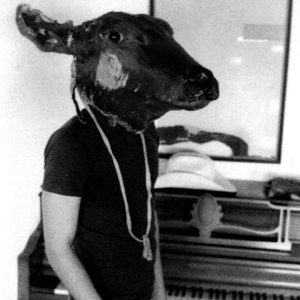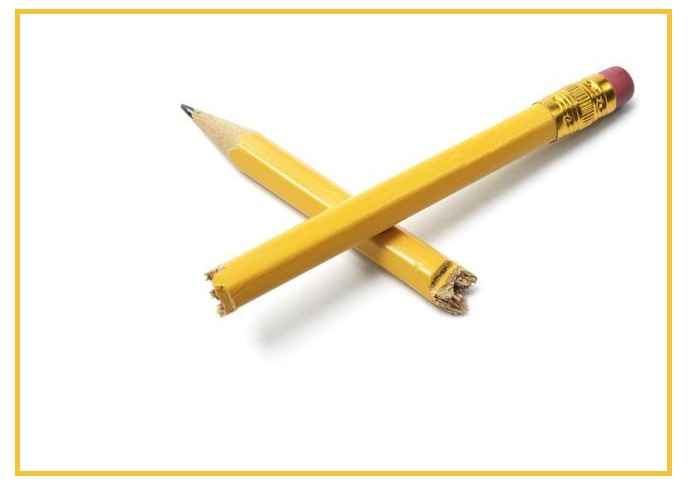When thinking about grant writing, it helps to first consider this story that tells about luck. In it, a farmer’s horse runs away and all his neighbors come by to say what bad luck this is. The farmer replies “maybe.” His horse returns and with it brings wild horses. The neighbors all say what good luck this is to which the farmer says, “maybe.” The farmer’s son, attempting to tame one of the wild horses, is thrown and breaks a leg. Bad luck, say the neighbors, “maybe” says the farmer. At last the army comes to town gathering up all the able bodied young men to go off to war. Seeing the farmer’s son with his broken leg they pass on by.
The story ends here, but it shows that things are often connected in ways we can’t possibly predict. A Lebanese saying reaches toward the very same point, “Don’t curse your bad luck because it may turn out to be your good luck.” Again the message here is that you can’t possibly know whether a single event is truly good or bad.
Failure can and should be viewed through the lens of stories and phrases like these. When we stumble, it is easy to fall into the trap of thinking of this one moment as some sort of endgame. On the contrary, every so-called failure is nothing more than the next step in your journey.
Failure feels personal. When you have worked hard on something, poured your very soul into it, only to have things not come to fruition, it can feel like the universe is pointing a finger directly at your forehead. Putting things into some context is one way to start seeing the bigger picture.

Grant applications are quite probably one of the best examples of this. There is so much riding on any given application, whether it is for a specific project or an artist’s general practice. Grants are one of the ways in which working artists stay afloat and they are not only time-consuming, they can feel extremely personal.
Not receiving a grant can set off a cycle of emotions. Everything from wondering what is wrong with your work or your application, to convincing yourself that this is the last chance and there’s no point trying again. Let’s unpack these very common reactions and shed some light on the reality of the situation.
For any given grant you may apply to, there are countless others also spending long hours writing up their own applications. Grants range all over the place in size and popularity, so to speak. Even smaller scale grants (say, those offered by lesser known organizations or tightly specified to certain disciplines) will often attract many applicants.
While there are certain strategies when it comes to writing a good grant application, there is no single, objective way to ensure that yours will be the one chosen. When it comes down to final decision time, there is a level of subjectivity built into the process. Art for example, is not a quantitative subject and nor are grants being awarded via algorithm. Rather, they are being decided by panels of human beings with a range of subjective emotions about a field that is as unscientific as it gets.
For the reasons above, when you do not receive a grant, think of it in terms of the many, many other applications rather than simply in terms of what you personally did wrong. Do not ignore this as a learning experience and do reach out the grant organization for feedback whenever possible, but do not let “no” from one or even a string of grant organizations stop you in your tracks.
Instead, recall the story and expression above. Think of every grant, in fact, every action, as nothing more than a single ripple on the surface of the vast river that is your journey. When you do not get into a gallery, carry on and find others. Down the line when you look back, you will have the clarity to see the progression of events. When you are passed over for a residency, apply to three more. If a project doesn’t work out the way you thought it would, evaluate what happened, learn from the experience, and move on down the road.

No one is claiming that this is easy. This isn’t about somehow detaching from your feelings and letting rejection slide like water off a duck’s back. Of course not. Rejection hurts. No matter how impersonal it might actually be when we are told no it isn’t a good feeling.
But remembering that every moment is just that, a single blip on the screen rather than a career breaking catastrophe can help you heal and recharge sooner after you’ve had a misstep. Carry the simple answer of the farmer with you at all times, “maybe.”
For the Silo, Brainard Carey.
Brainard is currently giving free webinars on how to write a better Artist bio and statement and how to get a show in a gallery – you can register for that live webinar and ask questions live by clicking here.
